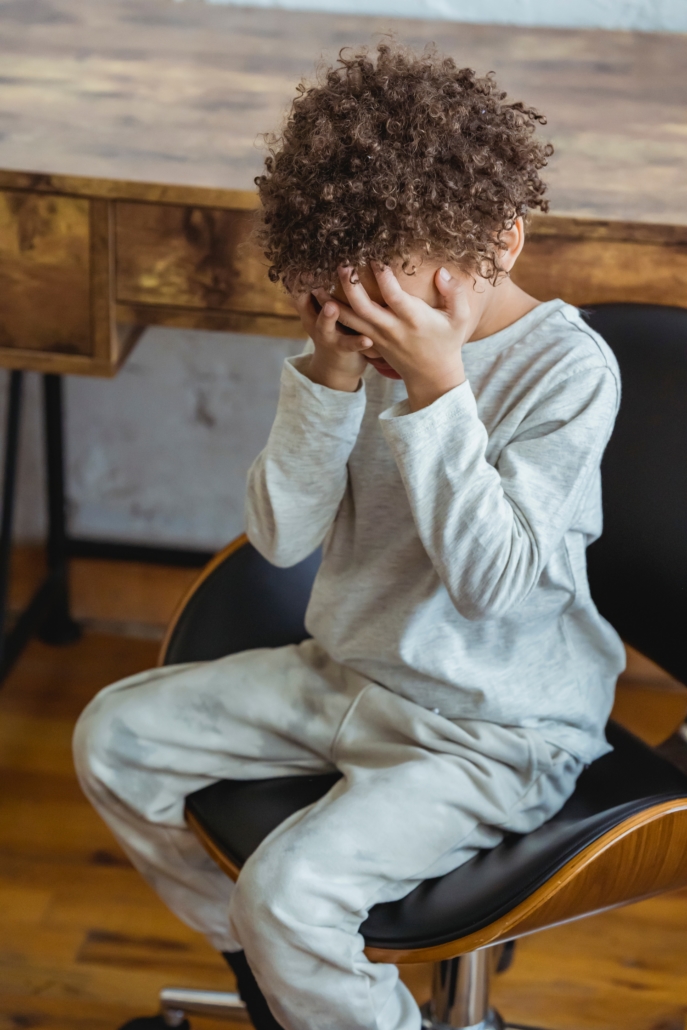

- Call 908 543 4390
- Email
- Dr.Joni Redlich PT,DPT



May is Arthritis month! Why are we talking about Arthritis? Well, it’s not a diagnosis that only affects adults, it affects kids too. Juvenile Idiopathic Arthritis is a diagnosis that affects kids of many ages, both young kids and older teens too. Unfortunately, Juvenile Idiopathic Arthritis (JIA) is sometimes passed off as “growing pains” by some medical professionals when a child complains of joint pain. This is seen to happen more frequently with older children or young teens complaining of joint pain because at this time in their lives, they are going through large periods of growth and physical development. Sometimes it is just growing pains, but sometimes it might not be! We wanted to give parents and therapists a guide so that you can recognize when signs and symptoms of JIA might be present and know who to seek out for help if you think your child might be showing some signs and symptoms of JIA.
JIA (also known as Juvenile Rheumatoid Arthritis), causes joint stiffness and joint swelling, also known as inflammation. JIA affects one or more joints for at least 6 weeks or more in children who are 16 years old or younger. JIA is different from Adult Rheumatoid Arthritis, because symptoms can decrease or go away completely as they get older BUT it can affect how a child’s bones develop as they grow.
JIA is an autoimmune disease. An autoimmune disease can occur when the body’s immune system becomes overactive and begins to attack its own healthy tissue. In JIA, the primary tissues that are affected are bone and cartilage around the child’s joints. When this begins to happen, it can happen chronically or episodically. If a child’s JIA symptoms are chronic, they have them most to all of the time where as if they are episodic, they may go through flare ups where their symptoms get worse and then have periods where they have no symptoms at all.
Children with JIA primarily have symptoms related to their joints like swelling, stiffness, and pain. The joints that are most commonly affected are the knees, hands, feet, ankles, shoulders, and elbows, but the spine and hips can also be involved. Pain and swelling are often at their worst in the morning or after a nap. Children can also have decreased appetite, poor weight gain, slow growth, eye inflammation, and fatigue. In systemic JIA, children can also present with a high fever, rashing, and swollen lymph nodes. The tricky thing is that some of these symptoms can seem like other illnesses or health conditions so it is important to make sure your child is seen by their primary doctor and a rheumatologist for appropriate diagnosis.
Yes, They absolutely do! Physical Therapy is essential for kids with JIA to help preserve joint function and to help strengthen the body to better support the joints. When a child has JIA, strengthening has to be done carefully so to not overstress the joints, and PTs have the expertise to help guide you and your child away from activities and sports that may be harmful for your child’s joints and toward more helpful activities. In acute phases of JIA, when your child is exhibiting a flare up of their symptoms, PT helps to maintain their joint range of motion, prevents muscles from getting too weak, and helps protect their bones from getting weak too. When your child is not experiencing a flare up of pain and stiffness, PT will help improve your child’s gross motor skills, especially ones that may have been limited due to their pain and decreased range of motion, so that they play and move with more freedom and confidence. If a child has a more chronic form of JIA, physical therapy will also help to achieve new mobility goals while making sure to keep their pain levels low and to prevent increased swelling.
If your child has a diagnosis of JIA or if you think there is a possibility they may have JIA, talk to your child’s primary care doctor about whether or not they believe JIA is a possibility and what your next steps should be. If your child is experiencing joint pain, they may benefit from physical therapy for all the reasons discussed above and more. Our therapists at KidPT can help give you more information and can take a look at your child to see if physical therapy would be an appropriate next step to help their body grow and develop in the healthiest way possible!
If you want to learn more about the different types of JIA, the process for diagnosis for JIA, and more, click to read the article below:
References:

Leave a Reply
Want to join the discussion?Feel free to contribute!